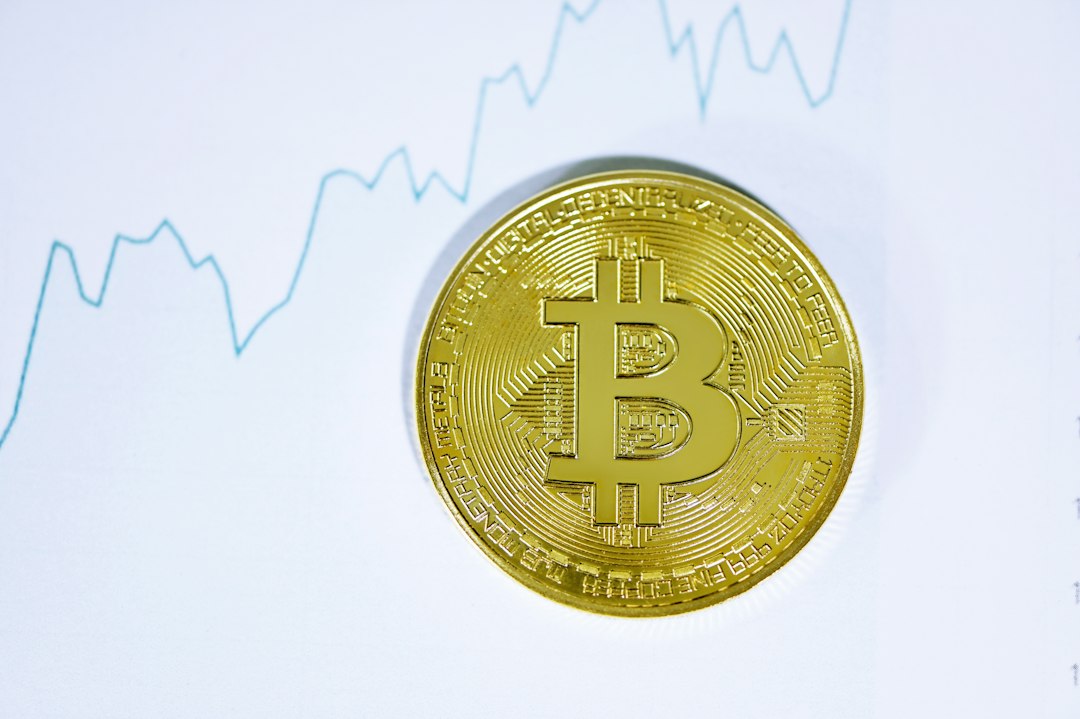The Crypto Industry Bankruptcies: Lawyers Raking in Over $700 Million in Fees
Lawyers, accountants, consultants, cryptocurrency analysts, and other professionals have collectively earned more than $700 million in fees from a series of crypto industry bankruptcies, according to a comprehensive analysis by the New York Times (NYT). This analysis is based on an exhaustive review of billing statements and court documents from the bankruptcies of FTX, Celsius Network, Voyager Digital, BlockFi, and Genesis Global.
Among these bankruptcies, FTX stands out with the highest fees, totaling $326.8 million. Two major law firms, Sullivan & Cromwell and Kirkland & Ellis, are among the biggest beneficiaries. Sullivan & Cromwell has billed over $110 million for managing FTX’s bankruptcy, while Kirkland & Ellis has charged $101 million for their involvement in three of the cryptocurrency bankruptcies.
Although some criticize the exorbitant fees, lawyers defend their billing practices, stating that they charge market rates. They argue that the complexity and time-intensive nature of these bankruptcies, coupled with the lack of clear cryptocurrency regulations, contribute to the increased costs.
Fee Examiners Monitoring Expenses in Crypto Bankruptcy Cases
In some instances, judges overseeing the bankruptcy cases have appointed independent lawyers as fee examiners to monitor expenses and collaborate with firms to reduce unnecessary spending. Katherine Stadler, the fee examiner for the FTX bankruptcy case, acknowledges the significant costs incurred, which already amount to a significant portion of FTX’s remaining cash.
Hot Take: The High Stakes and Complexities of Crypto Bankruptcies Drive Up Legal Fees
The crypto industry bankruptcies have created a lucrative market for lawyers, with fees exceeding $700 million. While these fees may seem excessive to some, they reflect the intricate nature of these cases and the lack of regulatory clarity in the cryptocurrency space. As judges appoint fee examiners to monitor expenses, it remains to be seen whether there will be more scrutiny and measures to trim unnecessary spending in future crypto bankruptcies.





 By
By
 By
By

 By
By
 By
By